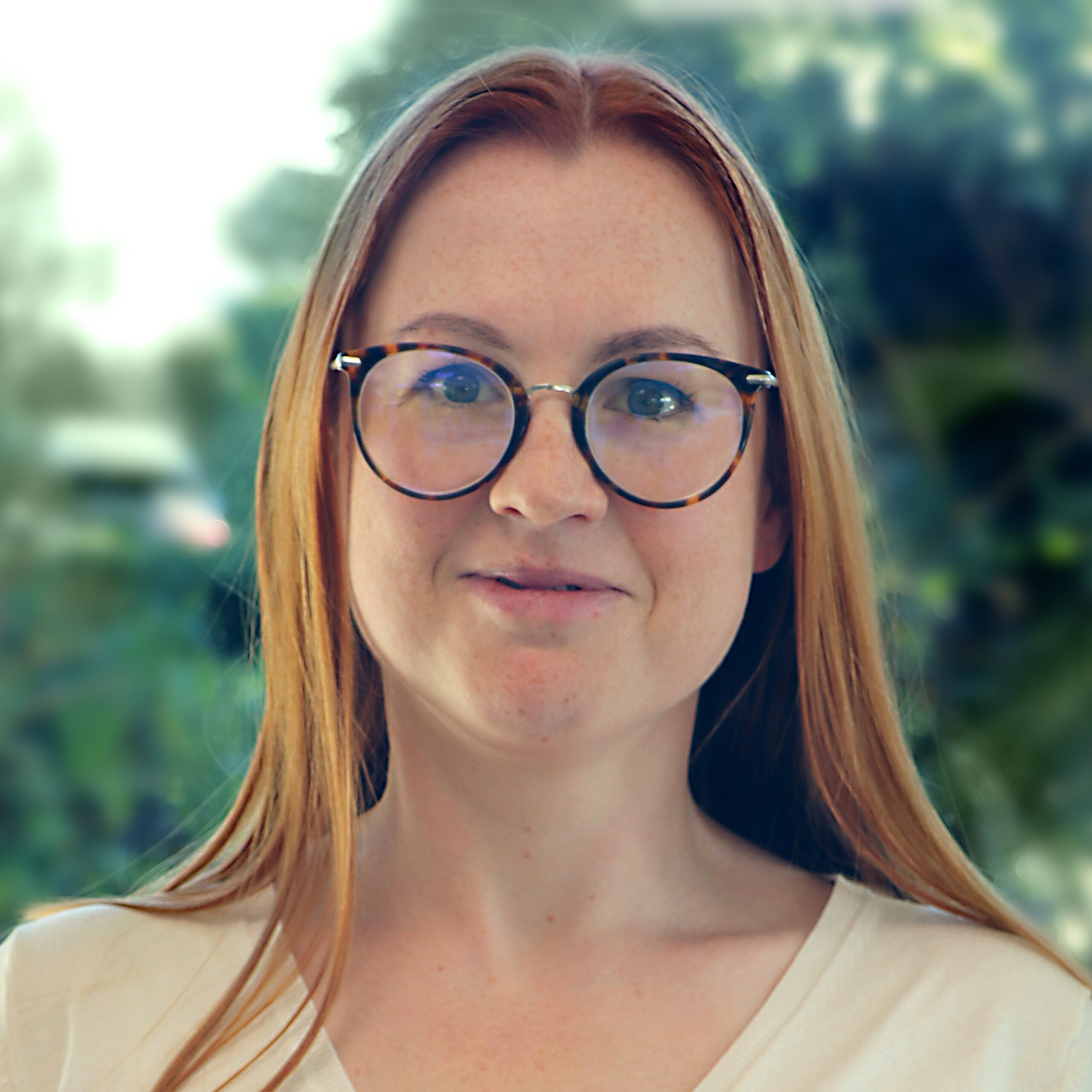
Over the past few years, we’ve read hundreds of applications through our Grants for Good programme – and as someone immersed in charity bid writing, I can tell you it’s always a joy to discover inspiring grassroots organisations doing amazing things for people and planet.
But with so many strong causes and a limited number of grants in each round, the applications that stand out are the ones that really connect with us – the ones that clearly show not just what they’re doing, but why it matters, who it helps, and where it could lead.
If you’re thinking of applying (or reapplying!), I wanted to share a few reflections from our side of the table to help you put your best foot forward – especially if you’re new to charity bid writing, or simply looking to sharpen your approach.
1. Be bold about your innovation
One of the things I love most about grassroots charities is how close they are to the people they support. You’re often the first to spot an emerging need – and the first to roll up your sleeves and do something about it. When we read about projects tackling problems in fresh, thoughtful, or creative ways, it really grabs our attention. Don’t be afraid to tell us what makes your approach different.
2. Let us see your vision
We know our grants are relatively small – between £2,000 and £5,000 – but we also know that small charities have huge potential. What’s your bigger vision? Even if you’re just getting started, help us understand where you’re heading, what kind of growth you’re aiming for, and how our funding might be a stepping stone on that journey.
In charity bid writing, this kind of future thinking is often what sets great applications apart. Funders love to see ambition matched with clarity.
3. Tell us about you
You might not think of yourself as a ‘leader’ – but if you’re the person making things happen, then that’s exactly what you are. Whether your project is built on lived experience or professional expertise, we want to know what makes you the right person to drive it forward. The strength of your team – and your personal story – can really strengthen your application.
4. Share your story
This is something I say often: your story matters. So many of the organisations we support were born from something deeply personal – a challenge, a passion, a moment of clarity that made someone say, “this has to change.” When you help us understand the heart behind your work, it brings your application to life and helps us advocate for you during shortlisting.
5. Be specific about impact
We don’t need glossy reports or complicated KPIs, but we do need to understand what difference a grant will make. The more clearly you can link your funding request to real outcomes, the better. For example, if it costs £100 to support one person, you could help 20 people with a £2,000 grant, or 50 with £5,000. Even a simple breakdown like that helps us understand the scale of your impact.
Although Grants for Good doesn’t require formal impact data, many other funders do – so developing this thinking now will strengthen your overall charity bid writing skills, making you more successful in future applications.
A quick note on eligibility
Before you apply, it’s worth taking a moment to consider whether Grants for Good is the right fit. While we welcome applications from a wide range of grassroots charities and CICs, there are some projects that are unlikely to make it past our longlisting stage – not because they aren’t important, but because they don’t closely align with our funding priorities.
Our focus is on innovative initiatives that deliver meaningful benefits for people or planet, with strong potential for lasting impact. Applications that focus solely on the ongoing costs of sports or music clubs, community centres, seasonal events, or activities typically delivered by local authorities – or run as part of larger national organisations like the Scouts – are generally outside the scope of this programme.
We understand that might be disappointing to hear – but we’d rather be transparent, so you don’t invest valuable time in an application that’s unlikely to succeed. If you’re unsure, please check our FAQs or get in touch – we’re always happy to offer guidance.
👉 If Grants for Good isn’t quite right for your project, you might find a better match through the Charity Excellence Framework. It’s a free platform where you can search thousands of other funding opportunities tailored to your project, location, or needs.
I hope that gives you a few useful insights from ‘our side of the table’. We know filling in funding applications can sometimes feel daunting or time-consuming, but we’ve kept our form short for a reason – because we want to make it accessible. It’s quick to apply, but it’s still worth spending some time thinking about how best to tell your story.
And finally – if you aren’t successful the first time around, don’t be disheartened. Each round is competitive, and your application stays in our pool for consideration in future rounds, especially if you put in a high-quality application.
The truth is, charity bid writing is something you can get better at with every application. So whether you’re applying to us or another funder, I hope this advice helps you put your best foot forward.
Wishing you the very best – and thank you for the work you do. The world is better because of people like you.
Warmly,
Kirsty

Kirsty Clark is Executive Director of the Matthew Good Foundation and has led both frontline and funding organisations within the charity sector. With over 15 years’ experience supporting grassroots initiatives and vulnerable communities, she now leads the Foundation’s mission to empower small charities through accessible funding. Her dual perspective gives her unique insight into what makes a strong application – and how funders make decisions.
